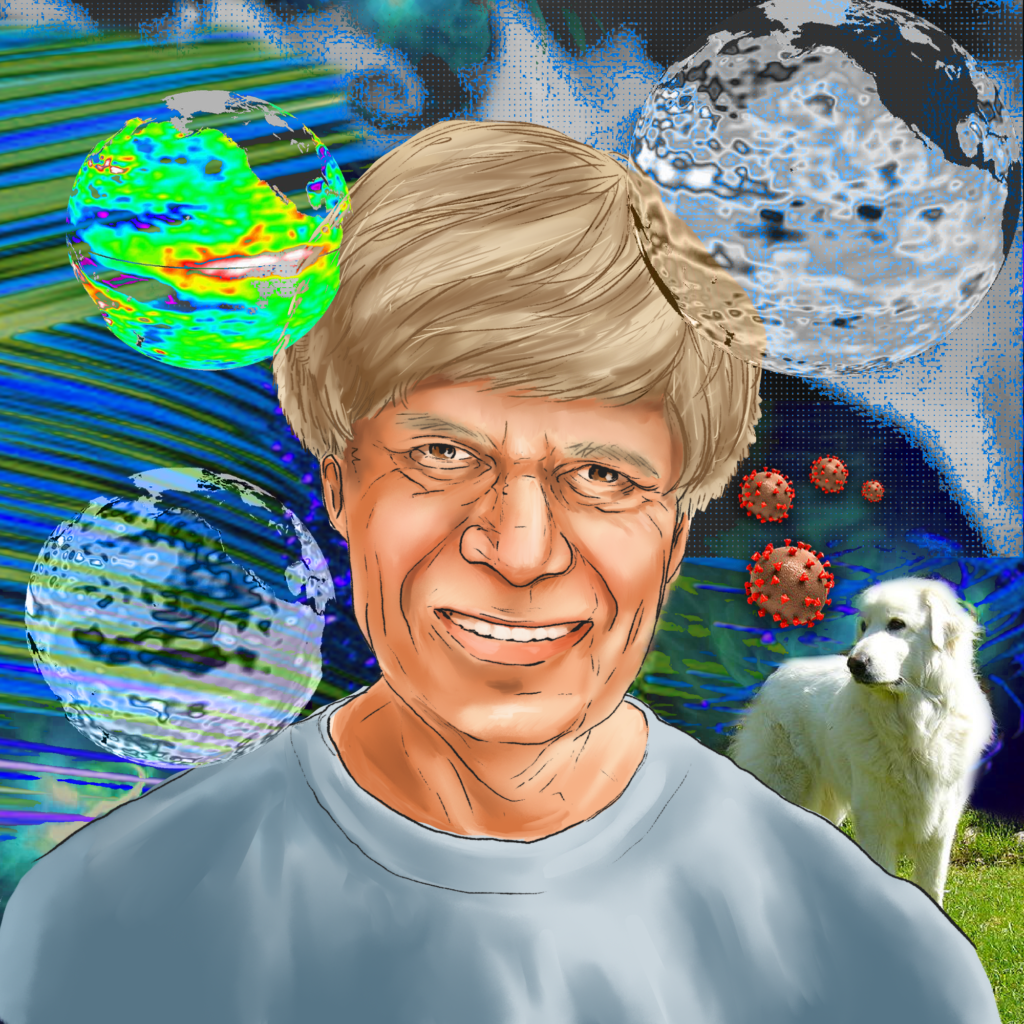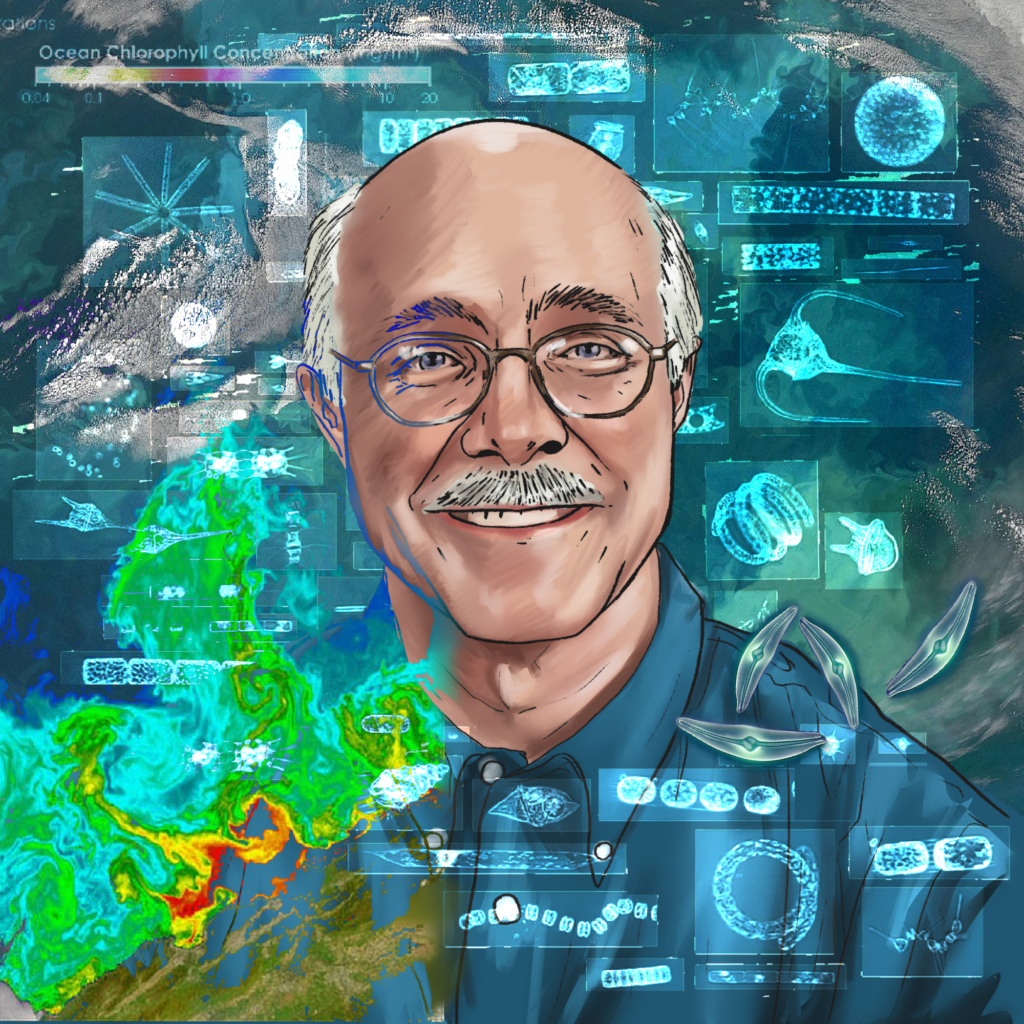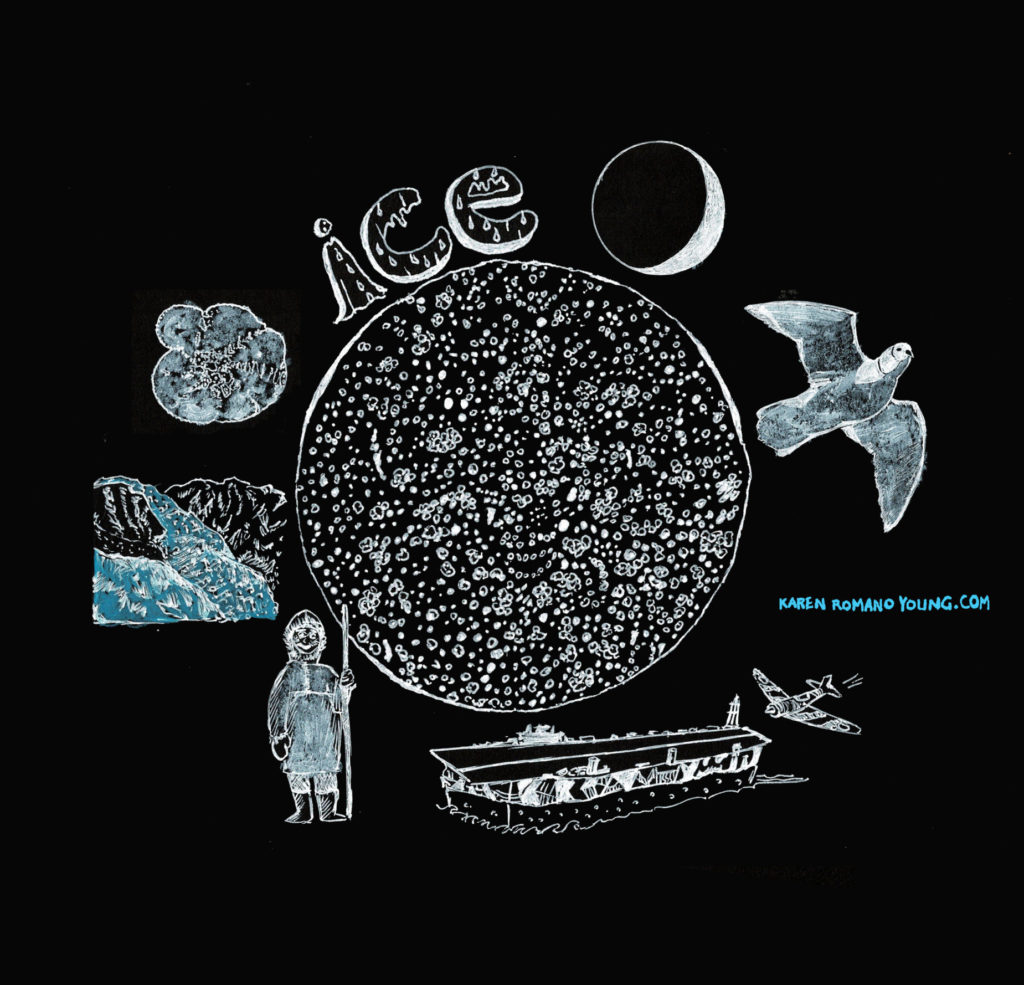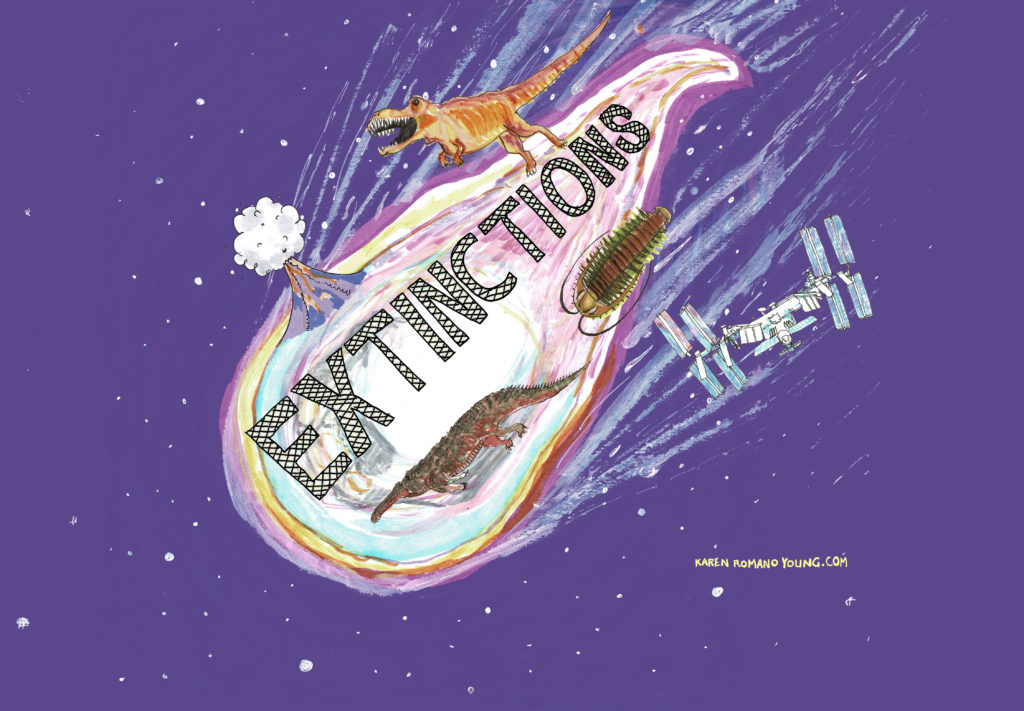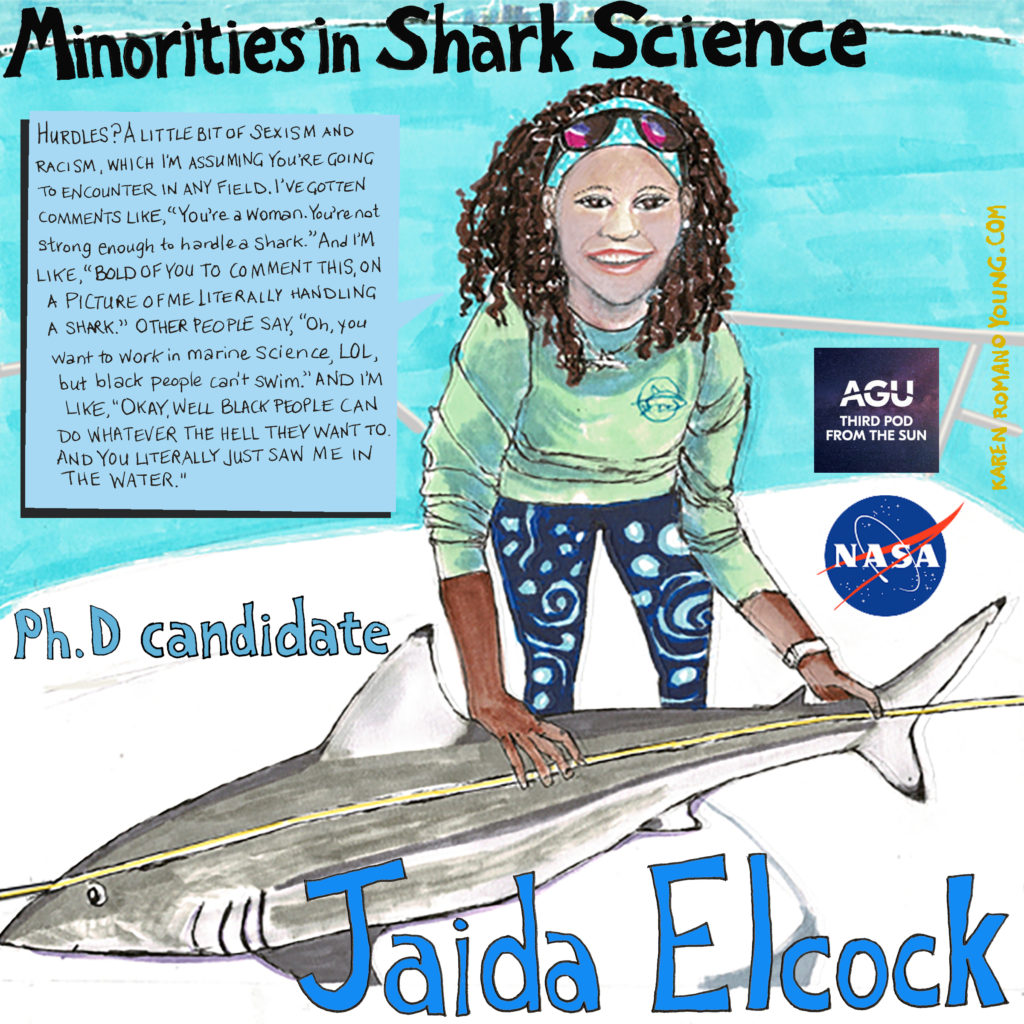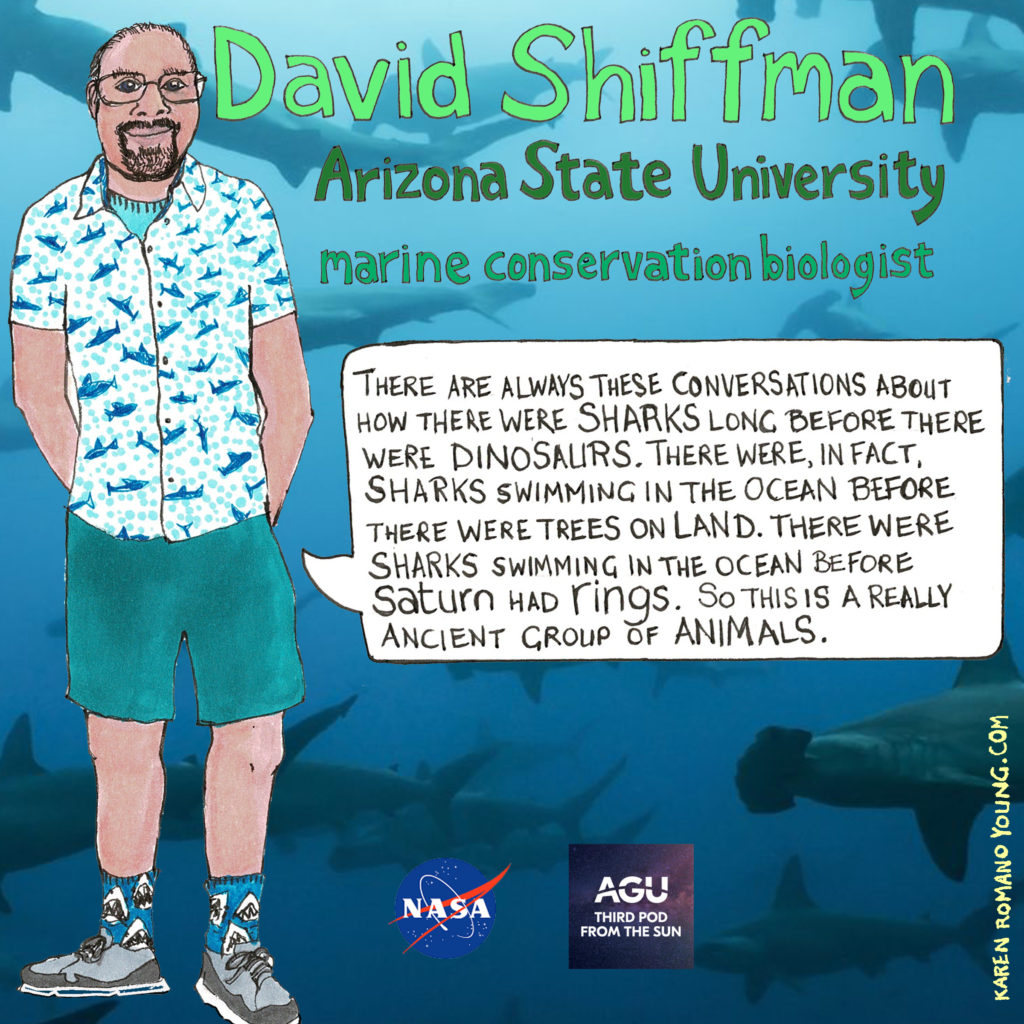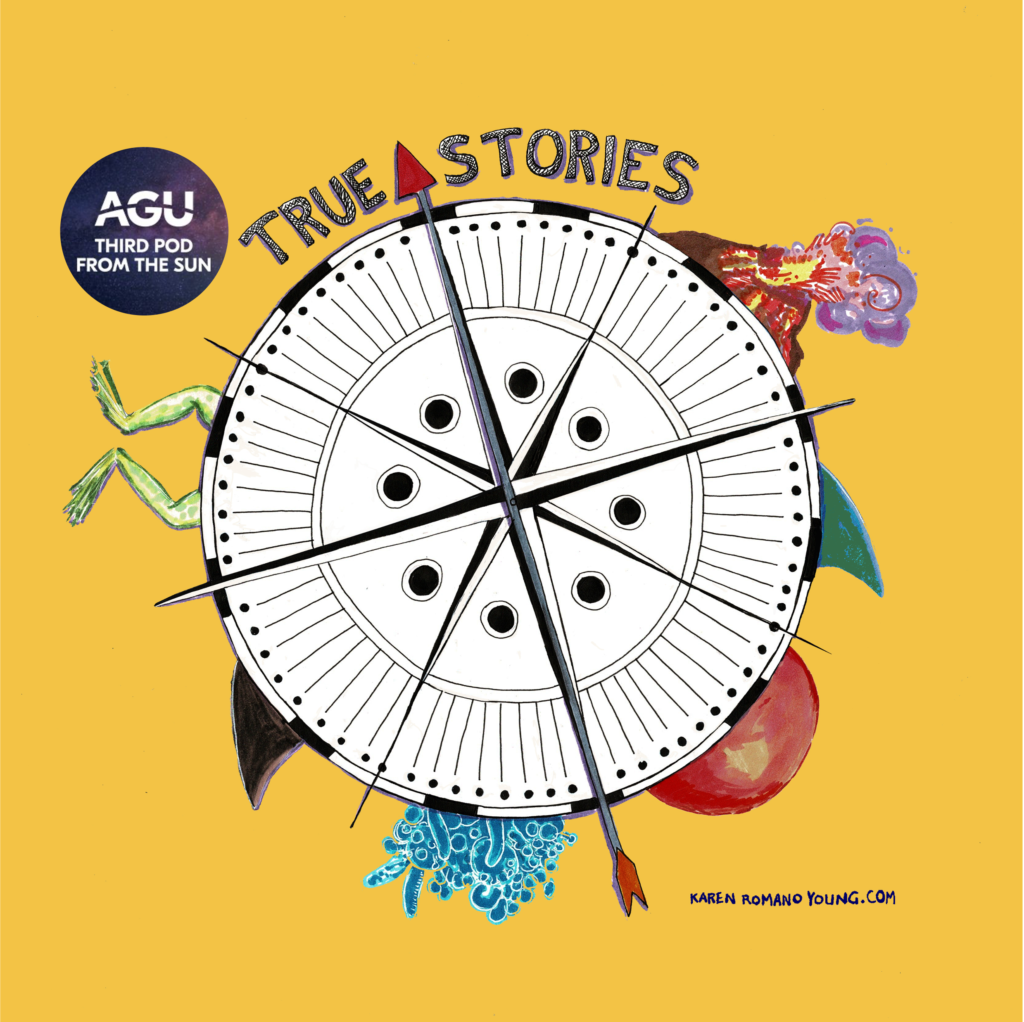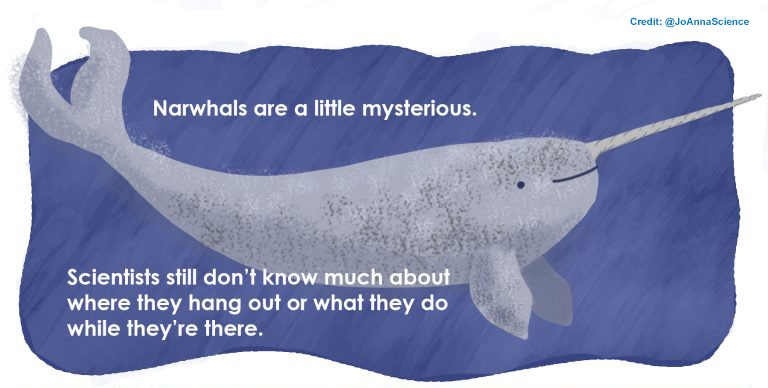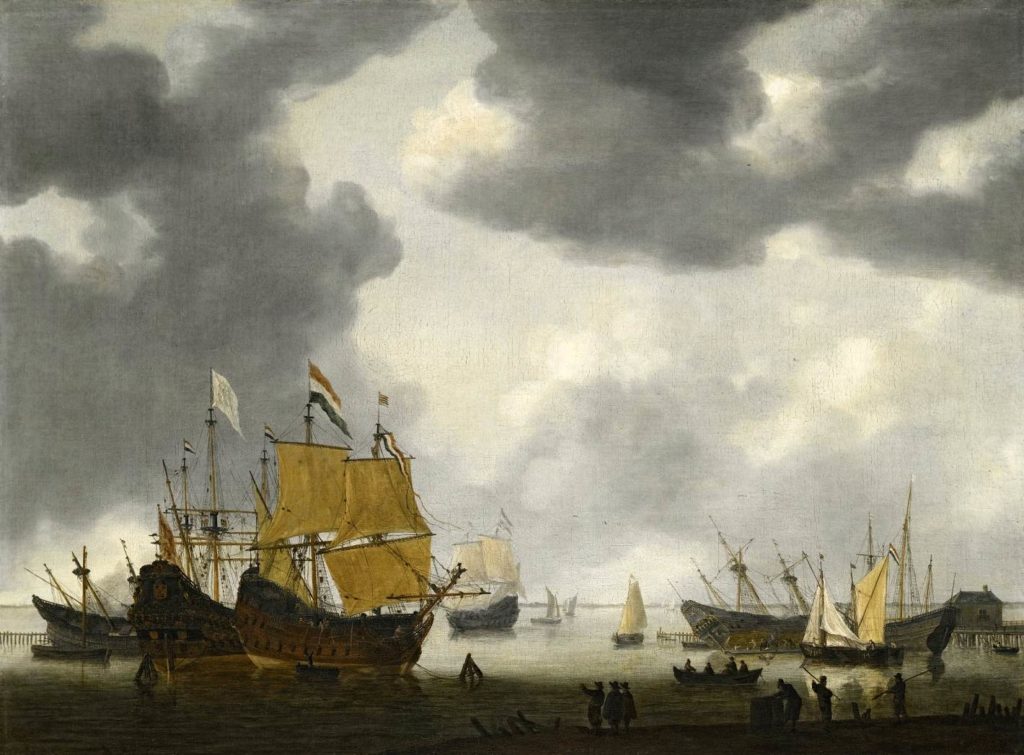Oceans
22-Storied careers: Ocean sensors and dog scenters
Tommy Dickey is an emeritus oceanographer from U.C. Santa Barbara and Naval Operations Chair in Ocean Sciences. His modeling and observational research yielded ocean monitoring technologies and tools. For retirement, Tommy trains and deploys Great Pyrenees as therapy dogs, while studying scent dogs’ capacity to detect COVID-19.
Read More21-Storied careers: Scouring seas from the skies
This episode is about how satellite technology is being used to study a big chunk of the earth’s surface. Seventy percent of the earth comprises water but we know very little about it. Color sensors aboard some satellites can actually reveal a lot about phytoplankton or microalgae blooms that are linked to ocean temperatures. These tiny organisms contribute to half the photosynthesis on the planet.
Read More18.5-The (not so) secret histories of scientists
Science is all about experimentation, discover, and sharing those results. But what happens behind the scenes? What stories do scientists have to tell that don’t make it in the manuscript or the classroom lecture?
Read More12.5-A podcast of ice and fire
Cool off from the summer heat with our next six-part miniseries all about ice – from those who call it home to its use as a tool in science.
Read More6.5-Extinctions: Dinosaurs, volcanoes, the space station, oh my!
Join us for our next six-part miniseries on Extinctions as we learn about the demise of the dinosaurs, what makes a comet “extinct,” the Cambrian and Triassic periods, volcanoes, and the aforementioned (planned) fiery end of the International Space Station!
Read More4-True story: Using TikTok for (shark) science good
Jaida Elcock says she thrives in chaos. And we’re inclined to believe her. From her ridiculously entertaining TikToks on animal facts, to her work with the non-profit Minorities in Shark Sciences (oh, did we mention she’s currently pursuing her Ph.D.), she seems to be managing that chaos pretty well. We talked with her about all of her endeavors, her inspiration from conservationist Jeff Corwin, and what (or who) she would like to see in science.
Read More1-True story: Slapped by a (misinformation) shark
David Shiffman is a shark guy. It’s in his Twitter handle, he’s writing a book about it, and he was wearing a shark shirt the day we interviewed him. But more broadly he’s a marine conservation biologist, meaning he studies all sorts of ocean-going animals.
Read MoreTrue (science) stories you’ve never heard before
Third Pod from the Sun is back, and we’re going weekly! Join us as we combat misconceptions about sharks, learn how to lasso lizards, hear from a Martian here on Earth, spark science joy via Tiktok, journey to Antarctica, and fight over food with some capuchins!
Read MoreStaff Picks: Chasing Narwhals
University of Washington biologist Kristin Laidre travels to the Arctic to study animals many of us have only seen in pictures. She has successfully tracked down the elusive narwhal and been up close and personal with a polar bear seeking to understand how the loss of sea ice and the effects of climate change are altering Arctic ecosystems.
Read MoreScientists Mine 16th Century Ship Logs for Geophysical Research
As ships explored the world from the Age of Sail through 20th century, mariners kept detailed navigation records using the Sun and stars. Scientists scoured these ship logs, many of which are preserved in European libraries, for clues about Earth’s magnetic field. The work, published in 2000, created the first-ever magnetic field map for the past 4 centuries.
Read More
